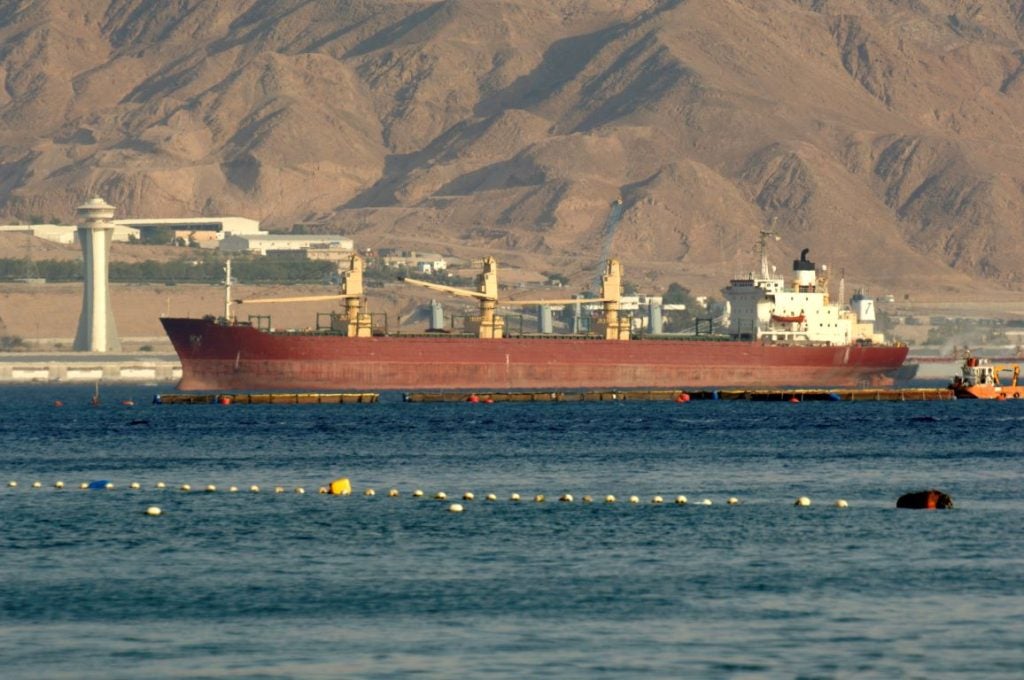Centcom has warned of an “environmental disaster” following an attack by Yemen’s Houthis on a cargo ship that caused an oil slick in the Red Sea.
On 18 February, the Houthis targeted a UK-owned bulk carrier named Rubymar, flagged by Belize. The ship was sailing through the Bab al-Mandeb Strait connecting the Red Sea and the Gulf of Aden en route to Bulgaria from Khor Fakkan in the United Arab Emirates when it was attacked by multiple missiles.
Centcom posted on X that: “The unprovoked and reckless attack by Iran-backed Houthi terrorists caused significant damage to the ship, which caused an 18-mile oil slick.”
On Feb. 18 between 9:30 p.m. and 10:40 p.m., Iran-backed Houthi terrorists attacked the M/V Rubymar, a Belize-flagged, UK-owned bulk carrier. The ship is anchored but slowly taking on water. The unprovoked and reckless attack by Iran-backed Houthi terrorists caused significant… pic.twitter.com/bU6j850wwG
— U.S. Central Command (@CENTCOM) February 24, 2024
At the time of the attack, the Rubymar was transporting more than 41,000 tonnes of fertiliser, which could spill into the Red Sea and worsen the environmental disaster, Centcom added.
Yemen’s Ministry of Foreign Affairs said in a statement that the “ship carries large quantities of ammonia and oil and there is a concern of preventing the leakage of these hazardous materials into the sea”.
An unnamed US official stated that due to the poor condition of water and the threat of additional Houthi attacks in the Red Sea, it would be extremely challenging to safely reach the ship and tow it to a port.
The damage to the Rubymar is potentially the most significant vessel damage from a Houthi attack thus far, CNN reported.
On Thursday, Deputy Pentagon Press Secretary Sabrina Singh told CNN that the Rubymar vessel was currently “taking on water”. “It is creating an environmental hazard with the leakage of all the fuel that it [carries],” Singh said.
In addition to the environmental damage from the recent spill, the rerouting of hundreds of container ships due to tensions in the Red Sea has increased carbon dioxide (CO₂) emissions, Offshore Technology sister publication Energy Monitor reported.
Sea Intelligence estimates that container ships diverting from their usual Red Sea routes could increase CO₂ emissions by 260% to 354%. Ships that travel via the Red Sea routes are responsible for approximately 20% of the world’s shipping containers, reports Energy Monitor.









